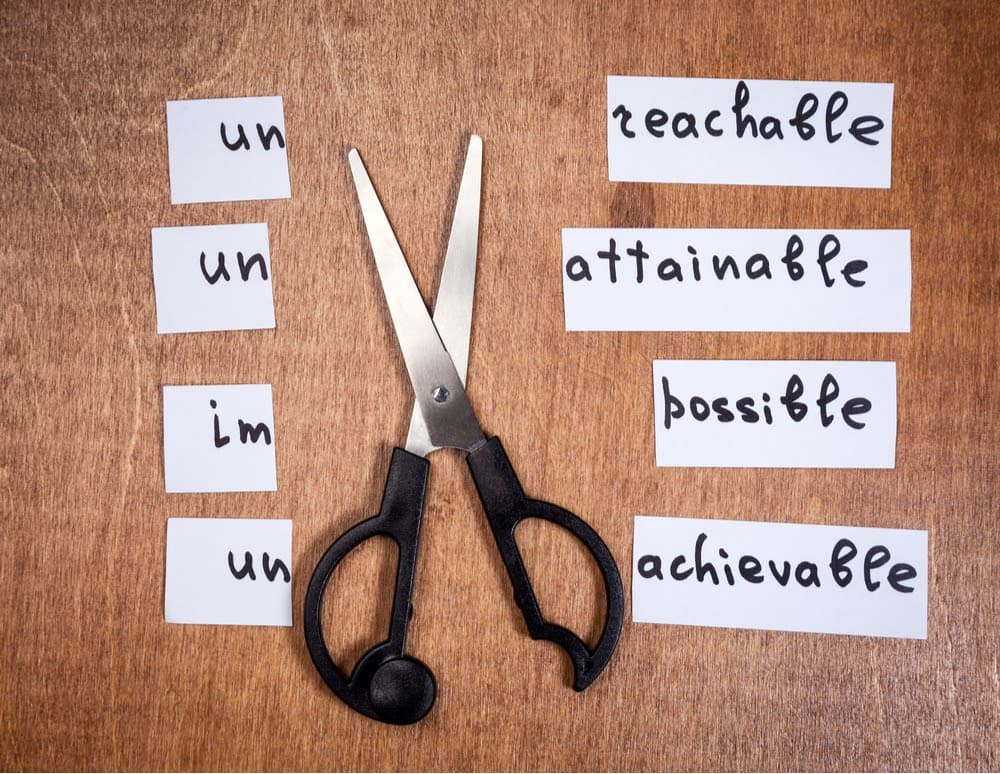Parents may long for the days before social media when it was much easier to monitor what teens were thinking, doing and discussing. However, today’s teenagers are extremely connected to family and friends via social media, and instant communication isn’t going away anytime soon. Teens enjoy the freedom to build relationships, promote their viewpoints, discuss issues both trivial and weighty and stay connected to the wider world.
The bad news is that social media abuse is prevalent among teens, especially troubled teenagers who struggle with emotional, behavioral and mental health issues. Teens who abuse social media often need their parents to step in and set down some boundaries for their social media access. Parents who set up social media boundaries in the form of family rules and regulations are more likely to have teens who will use electronic devices and communication platforms more responsibly.
The best way to set up boundaries is to have a family meeting, where ideas and rules are brought up and discussed. Parents can talk about the good and bad that social media offers, and give teens a chance to contribute their thoughts as well. Parents and teens should also agree on consequences of breaking the rules so that when an issue arises, everyone understands what will happen. Communication is the key to getting both parents and teens on the same page with social media use.
Here are 3 ideas for parent and teen boundaries for social media access:
1. Parents Must Stay in the Loop
Parents should always have access to the social media accounts of their teens. Keeping an eye on what teens and their friends are discussing is important in making sure they are staying safe online. From cyber bullying to sexting to stalking from strangers, social media can be a dangerous tool for those trying to take advantage of teens. Many parents and teens agree to add parents to the social media circle of friends, but the parents promise to just lurk and not get involved.
2. Time and Place Limits
It’s easy for social media-crazed teens to spend way too much time checking all their accounts and communicating with friends. From early morning to late at night, having an electronic device at their fingertips often makes teens miss out on what they need to do or opportunities right in front of them. Many parents set up time and place limits on when and where their teens need to “unplug.” Often, this is during dinner, homework, when visiting relatives, and during family activities. Some parents even have their troubled teens turn their devices over at bedtime to eliminate late nights and little sleep due to social media. Of course, parents need to live by these time and place limits as well.
3. Privacy Settings
Every social media platform has built-in privacy settings that can help control the content that teens can access on their devices. Parent controls, specialized apps and social media settings can all filter out content that is not appropriate for teens. Teens and their parents should work together on setting up a series of filters and protections so that the time spent on social media is not steeped in negative, inappropriate or pornographic content. Of course, parents should also talk with their teens about guarding their privacy by not giving passwords to peers and limiting the amount of identifying information shared over social media.
All in all, parents should do everything they can to ensure that their troubled teenagers aren’t abusing social media by setting up some rules and regulations that create boundaries. When parental expectations are clearly outlined and consequences are communicated respectfully, teens are more likely to comply because they don’t want to lose any access or privileges. Social media can be fun, and firm boundaries for parents and teens will make sure that teens stay safe as well as connected.











0 Comments